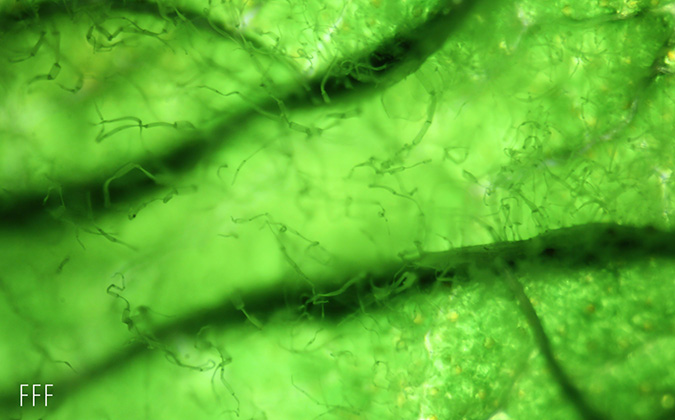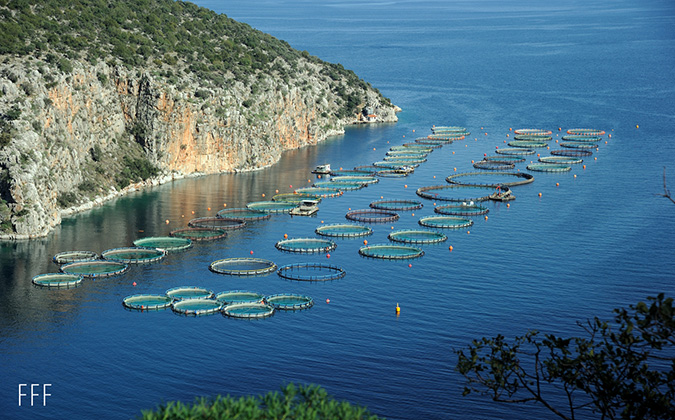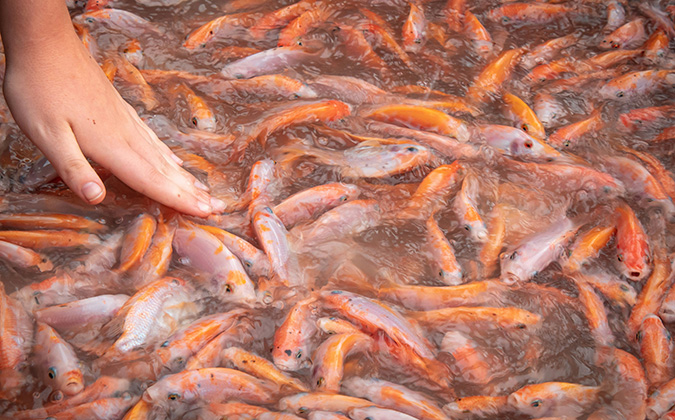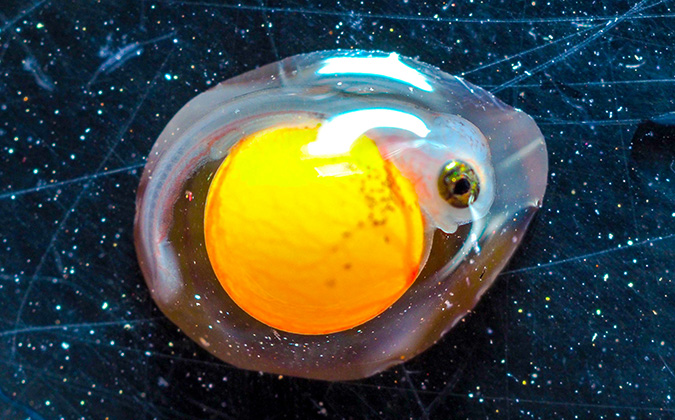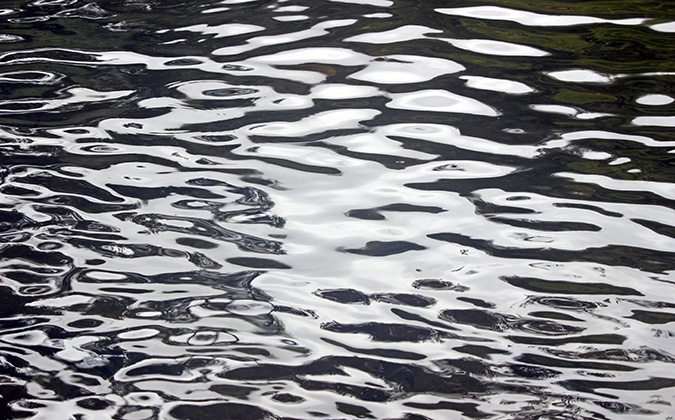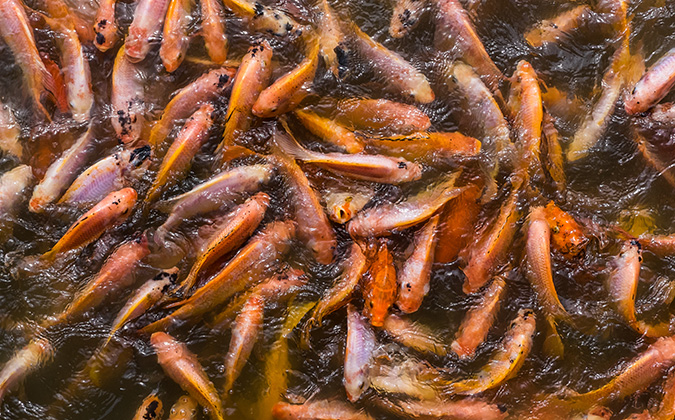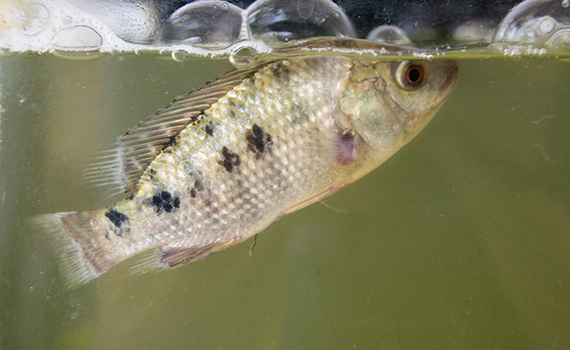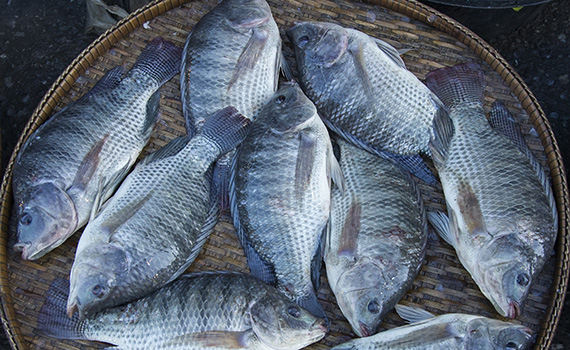Posts Tagged ‘nile tilapia’
Could nanobubbles really revolutionize aquaculture?
Research is showing that nanobubble technologies can dramatically reduce disease risks on fish farms and potentially curb the need for antibiotics.
Read MoreMicroalgae found to boost broodstock and fry performance
Scientists have found that feeding Nile tilapia broodstock a diet including a type of microalgae can improve fertility, immunity and performance.
Read MoreSea bass farm in Italy hit by a rare outbreak of lactococcosis
Scientists have reported a case of lactococcosis, caused by the bacterium Lactococcus garvieae, at a sea bass farm in Italy — a rare development which has prompted questions over its origins and possible wider threat.
Read MoreProbiotics help tilapia grow and fight disease, say scientists
Feeding Nile tilapia probiotics leads to improved health and performance, according to work analyzing research to date.
Read MoreKeeping on top of fish health and biosecurity as East African aquaculture booms
The reach of the A.L.P.H.A. Plus initiative, an animal health collaboration between Zoetis and the Bill & Melinda Gates Foundation, is growing into Sub-Saharan Africa’s aquaculture sector. For one “trendsetter” in Kenya, it should enable them to manage fish health risks with the industry’s rapid growth.
Read MoreColumnaris disease affects Nile tilapia eggs and larvae, study suggests
Columnaris disease, a potentially devastating condition affecting freshwater finfish, has been found infecting Nile tilapia eggs and larvae for the first time.
Read MoreLow-light conditions affect tilapia survival and disease resistance
Light can affect the survival, growth and immune response of fish. New research shows that persistent exposure to low-intensity light decreases the survival rate of Nile tilapia but stimulates their disease resistance.
Read MoreTilapia strain resistant to damaging virus could help reduce losses
The discovery of a strain of Nile tilapia resistant to tilapia lake virus (TiLV) may prove useful in the fight to reduce the impact of the pathogen, which has emerged in the last decade and can cause extremely high mortalities among farmed fish.
Read MoreRAS water exchange rates could affect Nile tilapia welfare
Recirculating aquaculture systems (RAS) are often viewed as viable options for culture of certain fish species in the face of growing environmental regulations for sustainable aquaculture practices. New work from researchers at the Kwame Nkrumah University of Science & Technology in Ghana suggests that moderately high levels of water exchange in RAS provide the best…
Read MoreVaccine ‘work in progress’ in major aquaculture markets, Part 2: Tilapia
Nile tilapia is now the second most farmed fish worldwide, in part due to its adaptability. It is, however, susceptible to a number of diseases.
Read More

